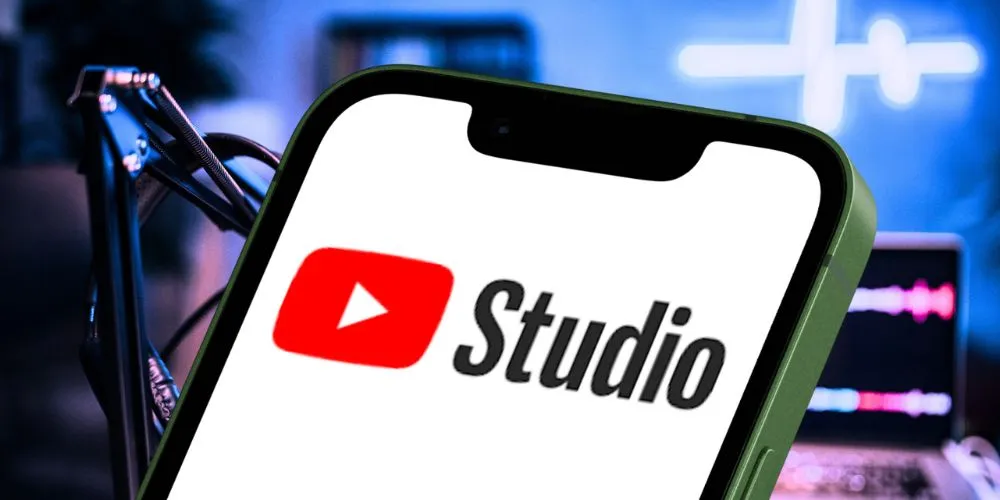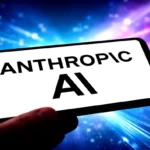Key Points
- Using AI-based prompts, YouTube tests a remix tool that lets creators transform songs into short videos.
- Dream Track, an AI toolkit released last year, allows AI and artists to create music collaboratively based on genre and mood prompts.
- The Lyria AI model from Google DeepMind generates unique tracks by analyzing words and audio from the original music.
- Prominent artists like Demi Lovato and John Legend have allowed their vocals to be used, making this feature accessible without copyright conflicts.
YouTube is experimenting with an innovative AI-driven feature for its Shorts platform, allowing creators to transform existing songs into fresh, genre-specific soundscapes. The limited test invites a select group of creators to act as “co-producers” by submitting songs and prompts to guide the style of a new 30-second soundtrack tailored to their preferences.
This new remix tool is powered by YouTube’s Dream Track, a toolkit launched last year for U.S.-based artists. Dream Track allows creators to collaborate with AI to compose unique music using their prompts, pre-recorded vocals, and genre or mood descriptions. Famous artists, including Charli XCX, Demi Lovato, John Legend, Sia, T-Pain, and Charlie Puth, have permitted their vocals to be used by Dream Track. With this technology, a pop song can be reimagined as a jazz ballad or an R&B hit can be transformed into a classical baroque piece.
Lyria, a music-generation AI model created by Google’s DeepMind team, underpins the remix feature. Lyria interprets both words and audio, recombining these elements to generate unique musical tracks while retaining the essence of the original song. YouTube has assured users that the original creator and AI involvement will be transparent to audiences, providing credit within the Short and on the Shorts audio page.
The remix tool appeals to creators because it allows them to adapt songs to specific moods or styles without major copyright concerns. YouTube has actively worked to prevent legal issues by preemptively negotiating with artists and labels. Last year, YouTube and Universal Music Group (UMG) entered a compensation agreement to address potential rights concerns over AI-generated music.
In addition to this remix feature, YouTube continues experimenting with other AI tools across its platform. For example, the Brainstorm with Gemini tool helps creators generate new content ideas, while another AI tool can remove copyrighted music from videos without taking them down.





